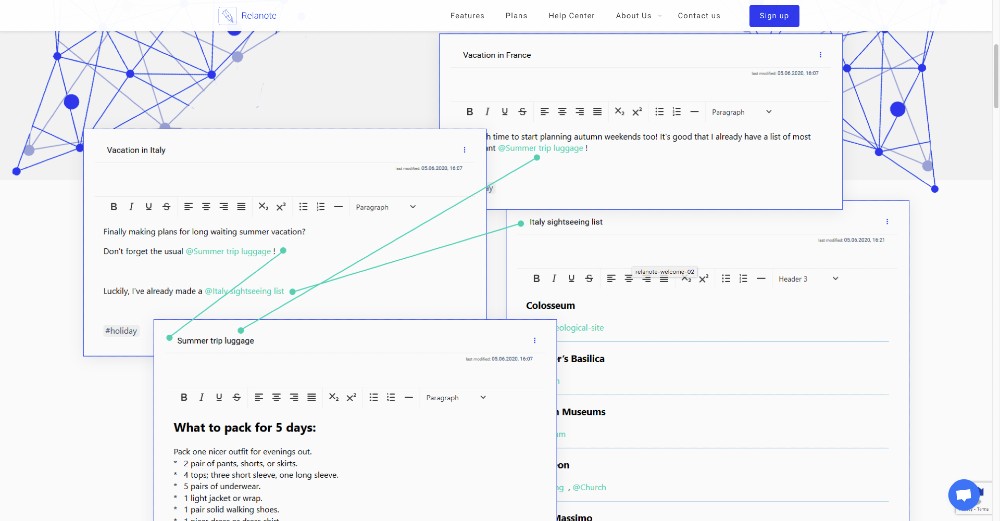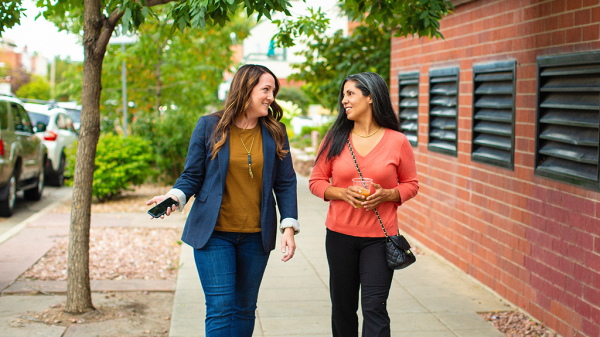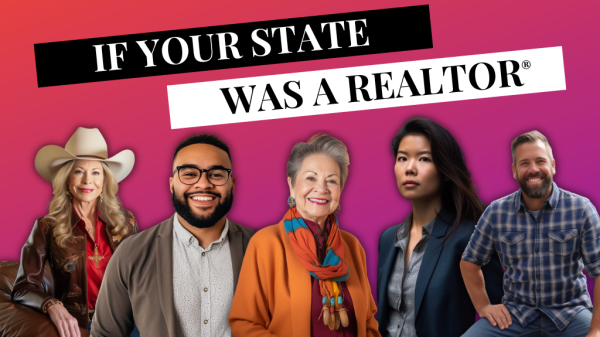September is Realtor Safety Month and one year since the Beverly Carter tragedy. It is time to reflect, to see how our industry has fared in instigating changes to safety protocols.
We do seem to have made some progress in our attitude to safety. I’ve noticed on various Facebook groups that agents are now much more likely to agree we should NOT meet strange prospects at homes. Most now suggest CITO – “come into the office” and request ID before showing.
A conversation on what to do next got heated
A recent poster to a Facebook group elicited over 90 comments and replies after suggesting a National Safety Policy for meeting with internet leads or strangers. The suggestion was that a prospect could not move on to the next agent if they felt disinclined to submit their photo ID; an enforceable policy industry-wide.
It was a spirited discussion with some very interesting and varied responses (this time only one suggesting all agents should be armed!) with, at one point, Seattle Broker, Sam DeBord insightfully breaking down the different dynamics affecting change in our industry:
“Brokers don’t want NAR telling them what to do. Agents don’t want their brokers telling them how to do business. State licensing agencies don’t want brokers telling their agents to do too much. Committees want to vet everyone’s opinion.”
On reviewing all the comments about who should be responsible for implementing a policy (or not), these were the tallies:
| NAR | 6 |
|---|---|
| Associations | 0 |
| Broker | 8 |
| Agent | 16 |
| Nobody | 3 |
Interesting that no one suggested Associations, because a couple of them have been responsible for instigated the most meaningful changes in our industry in the past year, with the Des Moines Area Association of Realtors announcing its new safety protocol and The Arkansas Realtors Association implemented some new safety protocols, including the Beverly Carter Certified Safety Office Program.
How change is actually instigated
Change is often instigated by traumatic events and/or by those inspired to make a difference. Both these factors played a part in making important changes in Arkansas and in Des Moines in particular:
- Ashley Okland, a 27-year-old Iowa Realty agent, was shot twice and killed April 8, 2011 while working inside a West Des Moines model townhouse. Despite a reward that has reached $150,000, West Des Moines police have said they have no suspects.
- In October 2014, shortly after Beverly Carter’s murder, Justin DeBruin, previous employer and personal friend of Ashley and Joe Schafbuch, the broker-owners of Century 21 Signature Real Estate in central Iowa created the “Realtor Safety Pledge”. Over 1260 Agents and Brokers have so far promised to limit certain behaviors that could potentially put them in harm’s way.
“Ashley was our ‘one too many,’ and we don’t want another one,” said Robin Polder, president of the Des Moines Area Association of Realtors, who announced its new safety protocol last July.
The protocol is a three-pronged plan to protect real estate agents, as they often find themselves alone in empty houses, with prospective buyers they have never met.
- A safety pledge for real estate companies and brokers. Most of the city’s largest real estate firms have already signed.
- A commitment for agents not to show a stranger a home, unless they have met the prospective buyer in a public place and asked them to submit identification.
- An optional contract for the seller’s which declares that no real estate agent is allowed to show the home to anyone the agent has not previously met and identified.
“We are not in any way trying to hinder a buyer’s capacity to get in a house,” said DeBruin, who helped create the seller contract, “but we do have to take some steps to retrain the public to understand some safety protocols.”
Putting policies into action
California can get everybody to reduce water consumption instantaneously, yet our whole industry can’t seem to work together to keep our agents safe, by implementing a policy of screening and verifying prospects photo IDs?
Changing the consumer’s expectations and our industries standards can happen – the apartment rental for instance, is a perfect example of one that made it so:
Vicky Chrisner, a Realtor from Virginia reported “I was a leasing consultant at an apartment community and I remember when we first implemented the photo ID checking policy, before we would show a home. It was weird, I felt weird, and yes some people got offended. Once I became comfortable, it’s funny how easily the consumer did.”
From Vicky’s observations, what it actually takes to implement change in an industry is a common consensus and the confidence to put policy into practice.
Ask questions, start a dialogue
If you are concerned about safety in our industry, please use Realtor Safety Month as an opportunity to ask questions, open up a dialog at your local and State Association level, because looking at the Arkansas and Des Moines initiatives, it seems like that might be the place to make things happen.
But I solemnly hope that it is not your own local “one too many” that spurs change in your town or state.
(Disclosure – Peter Toner if founder and developer of the safety app Verify Photo ID)
#RealtorSafety
Peter Toner is a third generation real estate agent who has been practicing for nearly two decades. He is the Founder of Verify Photo ID - a safety app that verifies the identity of strange prospects before you meet - in three simple steps; it includes a Safety Monitor with panic alerts.














































